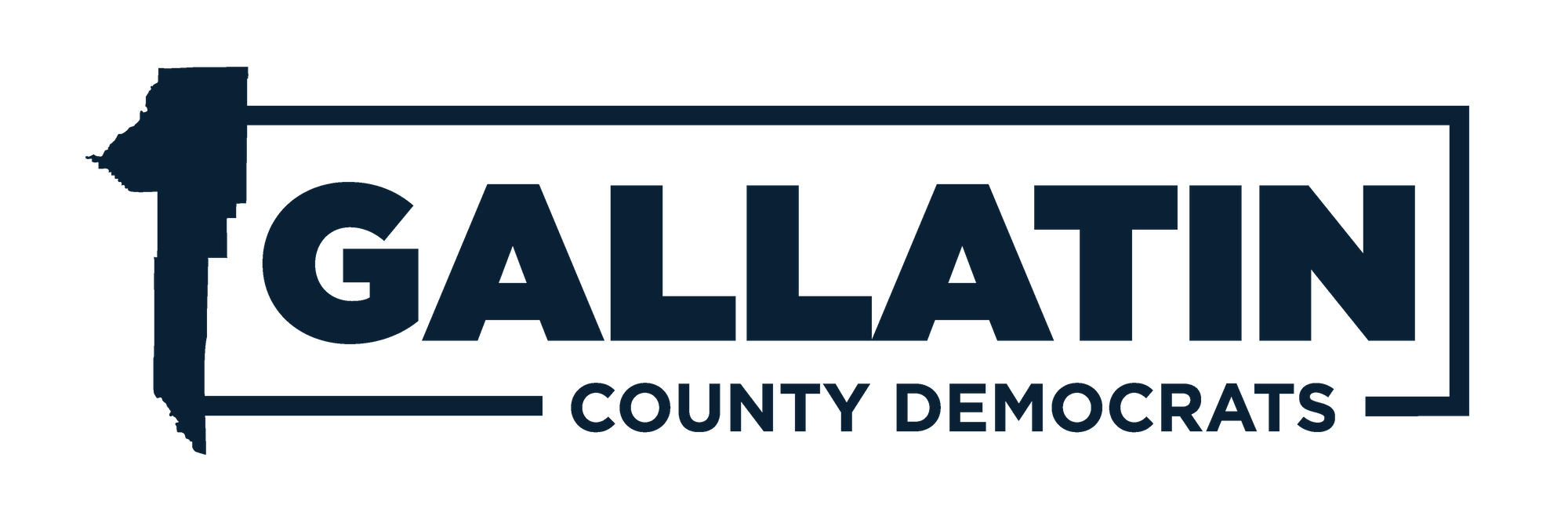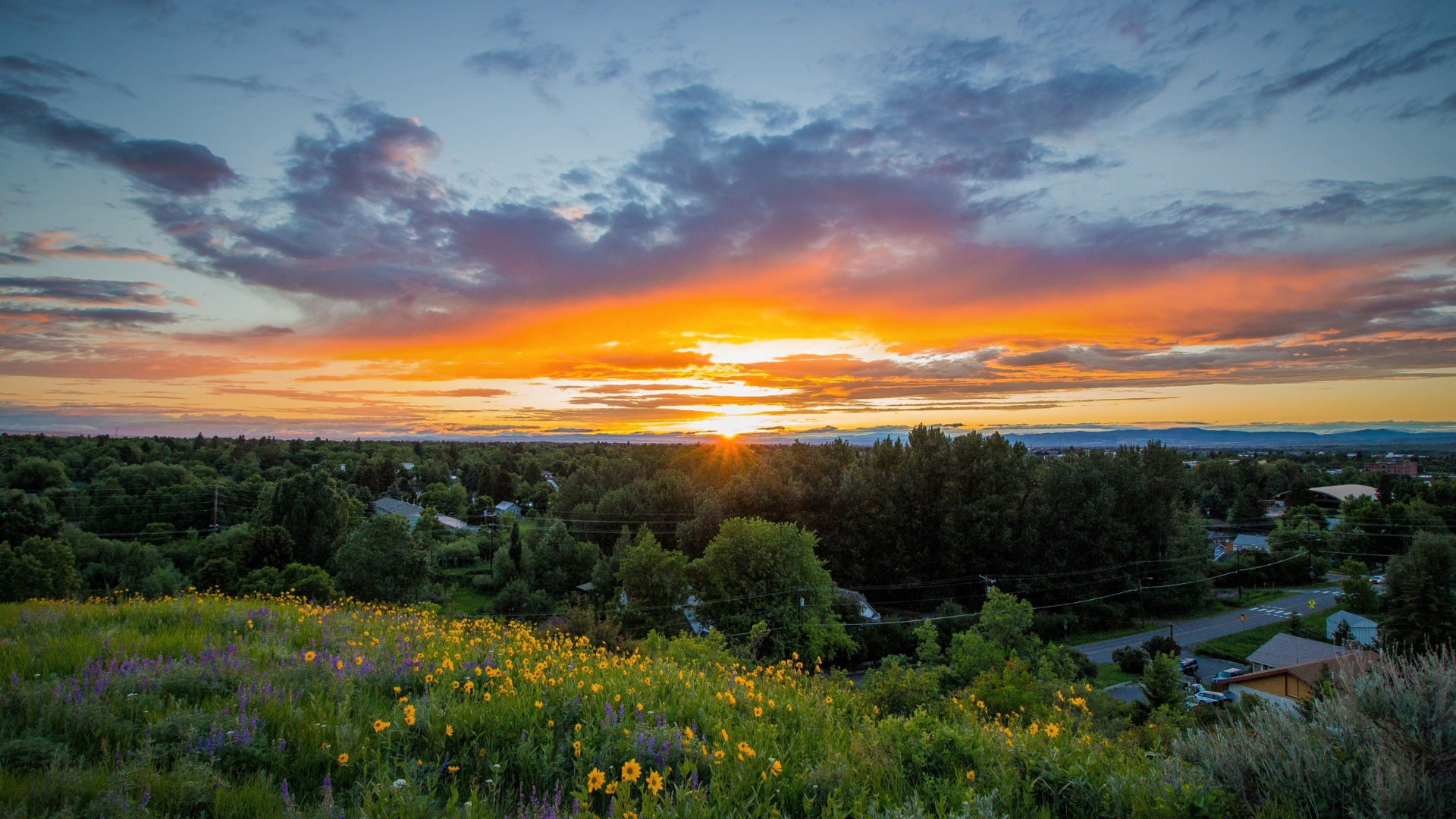House Bill 302 and House Bill 318, now in the House Agriculture Committee, with little public awareness, would essentially eliminate any possible Montana attempt to restore public-trust, wild bison in our state. These bills were vetoed in 2019, but a Gianforte veto may not be forthcoming. HB 302 requires approval of a county commission for transplant of public, wild bison, even to a federal wildlife refuge. It surrenders state public-trust responsibilities to local governments. Any state proposal to restore bison would involve years of analysis and public outreach and input under the Montana Environmental Protection Act. It would conform to existing legal guidelines (MCA 87-1-216) that protect private property and avoid disease risks for cattle.
The Montana EPA, existing law, and a state Constitutional mandate would be rendered meaningless, ignoring science and abundant public comment, with a county commission veto at the end of a
long, expensive, public process.
HB 318, “clarifying” the legal definition of “wild bison” has no clear purpose. The current negative definition of wild bison is inadequate, defining them only by what they are not. HB 318 is no improvement. It would only expand this definition by excluding any animal that has ever been private livestock or in captivity. There is no explanation why using once-captive bison to establish a public, wild herd would be unacceptable.
HB 318 would eliminate all possible sources of bison for restoring a public trust, wild bison herd in Montana. Almost all plains bison are behind captive fencing. The few that are not would have to be held captive in quarantine, or at least for disease testing and transport. HB 318 is a veiled attempt to outlaw restoration of a keystone prairie species, foreclosing a heritage to future generations of Montanans.
Legislators should recognize our Constitution and Montana public-trust responsibilities and reject both bills.
Glenn Monahan
Bozeman
Bozeman Daily Chronicle Letter to the Editor 2/24/21

